- Empty cart.
- Continue Shopping
Cheruvazhuthana ( Annona squamosa)
Original price was: ₹753.00.₹488.00Current price is: ₹488.00.
Genus : Annona
“The Cheruvazhuthana Plant is a distinctive plant that adds a touch of uniqueness to any garden or indoor environment. With its striking features and specific care requirements, it is a popular choice among plant enthusiasts. Discover the beauty of the Cheruvazhuthana Plant and enjoy its thriving presence in your space.”
Cheruvazhuthana, also known as Annona squamosa or sugar apple, is a small, semi-evergreen tree that belongs to the Annonaceae family. It is native to the tropical Americas, but is now widely cultivated in many other parts of the world, including Asia, Africa, and the Pacific Islands. The tree can grow up to 10 meters tall, but is usually smaller in cultivation.
The leaves of Cheruvazhuthana are simple, alternate, and glossy, and are about 7 to 12 cm long and 3 to 5 cm wide. The tree produces fragrant flowers that are about 2 to 3 cm in diameter and are greenish-yellow in color. The flowers are followed by fruit that is about 6 to 10 cm in diameter and is usually round or heart-shaped. The fruit is covered with bumpy, scaly skin that is green when unripe and turns yellow or brown when ripe.
The flesh of the fruit is white, sweet, and aromatic, and is divided into segments that contain black seeds. The fruit is commonly eaten fresh or used in desserts, and is also used to make juice and ice cream. The leaves and bark of the tree are used in traditional medicine to treat a variety of ailments, including fever, cough, and diarrhea.
Cheruvazhuthana is a relatively hardy tree that prefers tropical and subtropical climates. It is drought-tolerant and can grow in a wide range of soil types, although it prefers well-draining soil. The tree is usually propagated by seeds, although it can also be propagated by cuttings or grafting. Cheruvazhuthana is an attractive tree that is often grown for its ornamental value, as well as for its fruit and medicinal properties.

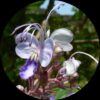
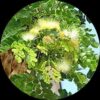

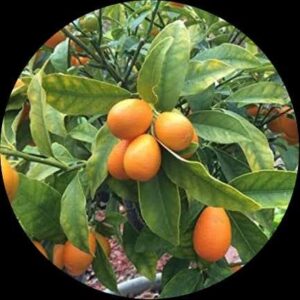

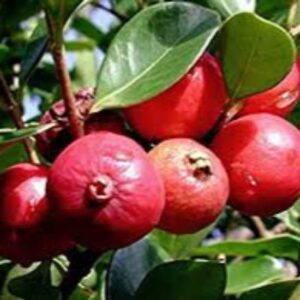
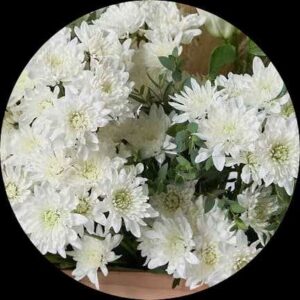
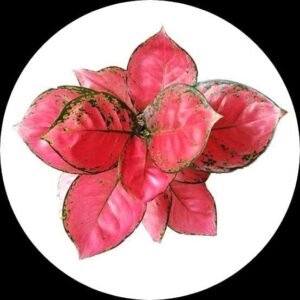
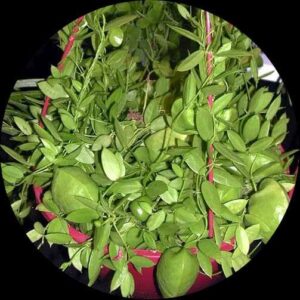
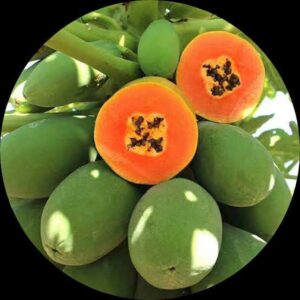
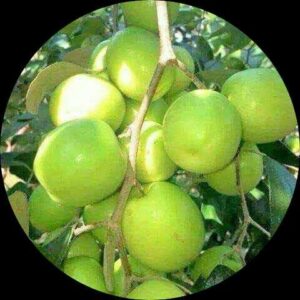
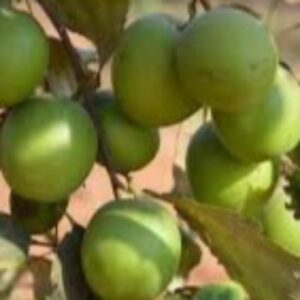
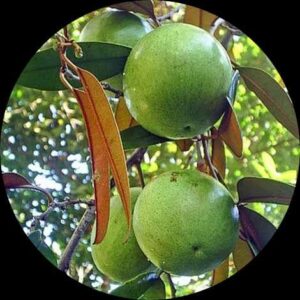
Reviews
There are no reviews yet.